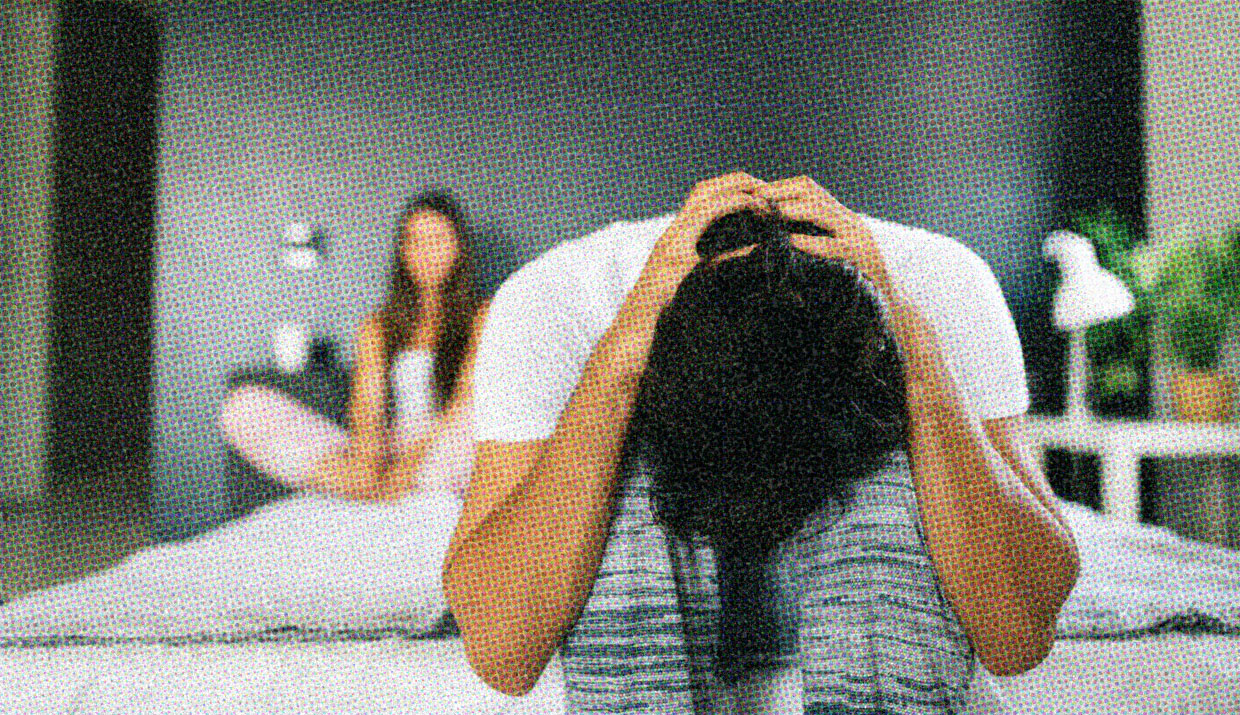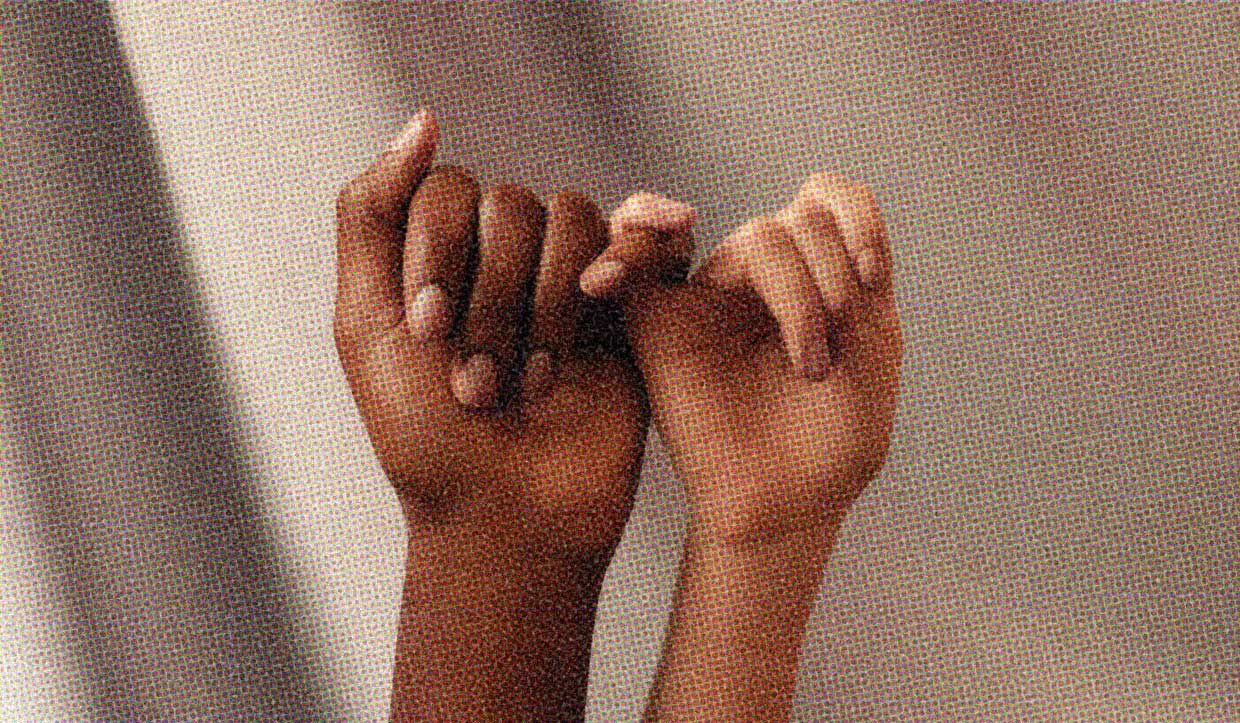
When you think of erectile dysfunction, you may picture older men, long-standing health issues, or age‑related decline. Yet growing evidence shows that men in their 20s and 30s are encountering ED more often than many assume. And here’s the good news: Recognising it early, and acting to get help, removes guilt and opens the door to a better outcome.
Erectile dysfunction is also called impotency, or you might have heard it referred to as not being able to “get it up”. Essentially, it’s when you can’t achieve or sustain an erection that is firm enough for sex. Occasional ED is common – if you haven’t been sleeping well, you’re a bit stressed out, or you’ve been under the weather. It can be related to other disorders like premature ejaculation (orgasming too soon), delayed ejaculation (not being able to orgasm for a long while), and anorgasmia (not being able to orgasm).
Studies note that among men under 40 years old, self‑reported ED rates range anywhere from roughly 5 % up to as high as 13 % or more. One review suggests that some multinational studies observed prevalence of up to 30 % in men under 40. The key point: ED is not a rare, “older‐only” problem.
In younger men, ED often has a different pattern of causes compared to men in later decades. Psychological factors tend to be more prominent: Stress, performance anxiety, relationship dynamics, pornography use, and emotional wellbeing all matter (link: https://healthymale.org.au/health-article/erectile-dysfunction-young-men-emerging-problem). At the same time, it’s important not to dismiss the possibility of organic causes. Even in younger men, cardiovascular risk factors, metabolic issues, sleep disorders, or vascular dysfunction may play a role.
Watching too much porn can be a big contributor to ED, for various reasons. Some experts think that pornography can lower confidence in your own body or sexual performance, which can in turn lead to ED. And excessive porn-watching can desensitise you, making you more interested in porn than in real-life experiences, which can contribute to ED. (We’re not here to porn-shame, just to give you the facts.)
In other words, just because you’re young doesn’t mean your ED is “just in your head.” And just because it seems “in your head” doesn’t mean you should ignore it.
First, ED can affect your self‑confidence, identity, intimate relationships, and overall wellbeing. Younger men reporting ED often express significant psychological distress, which makes sense, because ED isn’t something young men think will affect them – so of course it’s distressing if it does. Secondly, ED can be an early indicator of broader health issues, especially when vascular or metabolic risk is involved. That makes this not just a sexual health matter, but a general health opportunity. If you’re experiencing ED, your body is trying to tell you something. You should listen.
Start with open communication. Talk to a trusted healthcare professional. Take along a support person if you can. Be honest about your experience, timing, emotions, and lifestyle – this includes drinking, smoking, and substance use, all of which can affect ED. Getting an evaluation helps rule in or out underlying health issues and sets a path either to treatment or lifestyle change (or both).
Lifestyle adjustments matter. Reducing smoking, limiting excess alcohol, improving sleep, managing stress, staying physically active, and maintaining a healthy weight all support better erectile function. Consider your emotional health too; anxiety, depression, and relationship issues are valid contributors.
Be open to help. Medical treatments and therapies exist, but they work best when matched to your cause, which means properly assessing all the physical and psychological components.
Experiencing ED as a younger person is nothing to be embarrassed about. In fact, seeing a doctor, getting the facts, and taking action are empowered steps that you should feel proud of yourself for taking. (Just reading this article is the first step!) It demonstrates self‑respect, care for your partner(s), and commitment to your health.
Read more
Desires
Fetish 101: Hands
If you’re the type who remembers someone’s introductory handshake – or what their hands (ahem) did later on – here’s why hands deserve their own spotlight.
